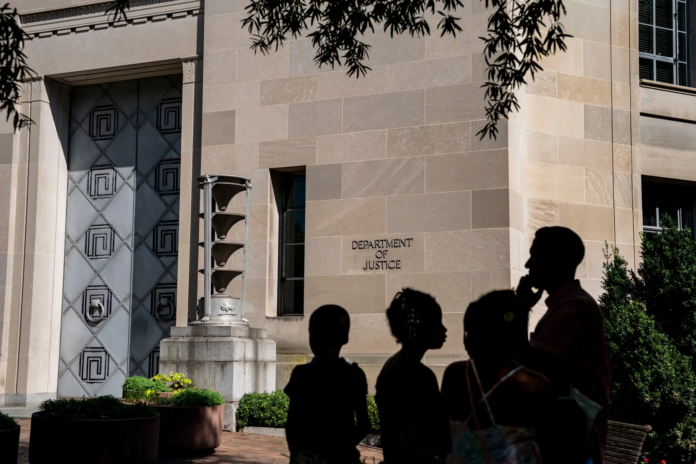Article Excerpt
For more than two years, Leon Haynes, a New Jersey tax preparer, told some of his clients that the federal government was giving out “free money” in the form of pandemic relief to people who owned businesses.
According to federal prosecutors, Mr. Haynes filed more than 1,000 false tax forms, fraudulently claiming more than $124 million in Covid-19 employment tax credits for businesses that he and others owned.
Mr. Haynes was arrested at the end of July.
The complaint is one of several Covid-19 fraud cases detailed on Wednesday by the Justice Department, which has been cracking down on businesses and individuals who inappropriately pocketed federal relief aid.
As of this week, the federal government has charged 3,195 defendants for offenses related to pandemic fraud and seized more than $1.4 billion in relief funds, according to data released by the department.
Analysis
This article really reminds me that no matter what goes on in the world, there will be people who focus on money as their number one concern. Even recently with COVID-19, there’s those who were concerned more about the economy than the actual lives at stake. Getting money through way of false relief funds is obviously morally incorrect, but people with bad intentions with money as their priority in the world isn’t going to change. As the article tells, we already have ways to punish these individuals (via lawsuits and Trials). I think the main thing to focus on now is to try to incentivize these individuals somehow. To kind of fold them into helping under the lieu of obtaining an economic benefit. Similarly to how tax cuts come from a certain amount of donations to charity. In an ideal world, I wouldn’t reward this kind of behavior, but it may be a method that helps the world as a whole in these kind of emergency situations.




